Scalp hair loss in women
By trichologist and hairdresser Marilyn Searle
Scalp hair loss in women is an extremely common condition, and a very distressing problem. It is a frequent reason for patients to visit our clinic. There are several reasons women lose excess hair but I’m seeing insulin resistance as a common cause.
Other causes of hair loss


Lack of nutrients
Inadequate levels of iron and B vitamins (particularly biotin) can increase hair loss. These are easy to check for in a blood test. Vitamin C, MSM (Methyl-Sulphonyl–Methane), zinc, biotin, and silica are required for collagen and keratin production and are found in Collagen Food powder. Collagen and keratin give the hair shaft strength and flexibility.


Stress
Physical stress (illness, accident, surgery) and emotional stress can increase hair loss, especially if sleep is disturbed. I do an Indian scalp massage to reduce stress and improve circulation to the scalp.
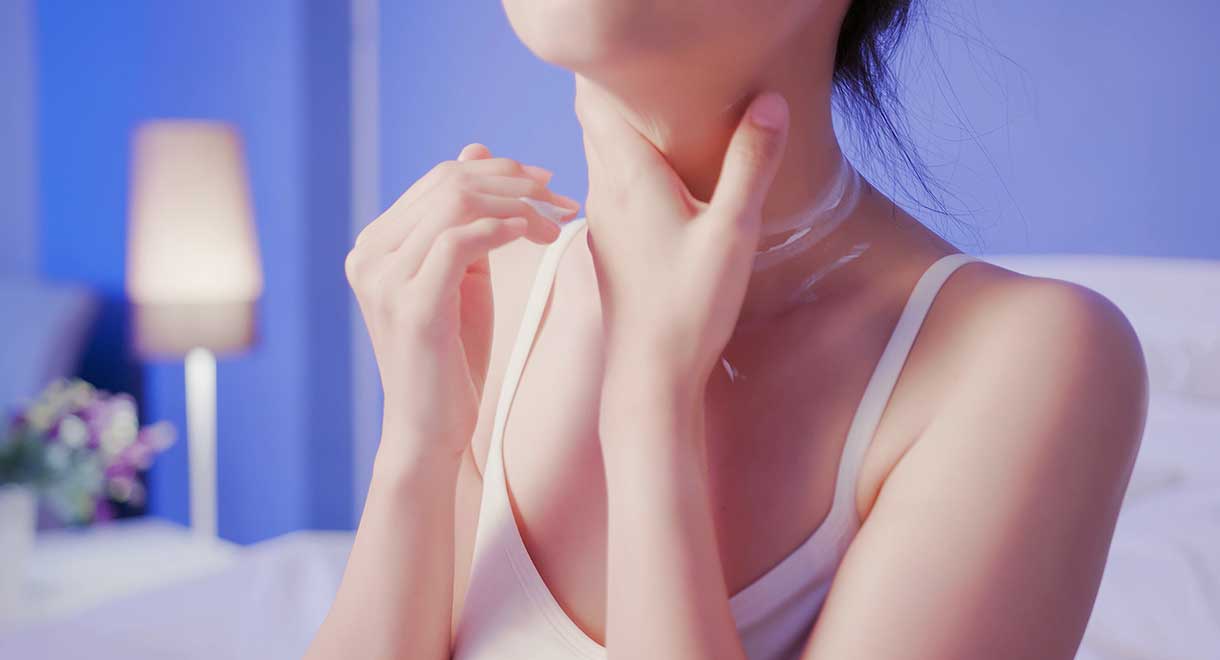

Thyroid gland conditions
The thyroid gland requires iodine, selenium, zinc and tyrosine to produce healthy amounts of thyroid hormone. We find that deficiencies in these nutrients are common causes of poor hair quality, as well as fatigue.
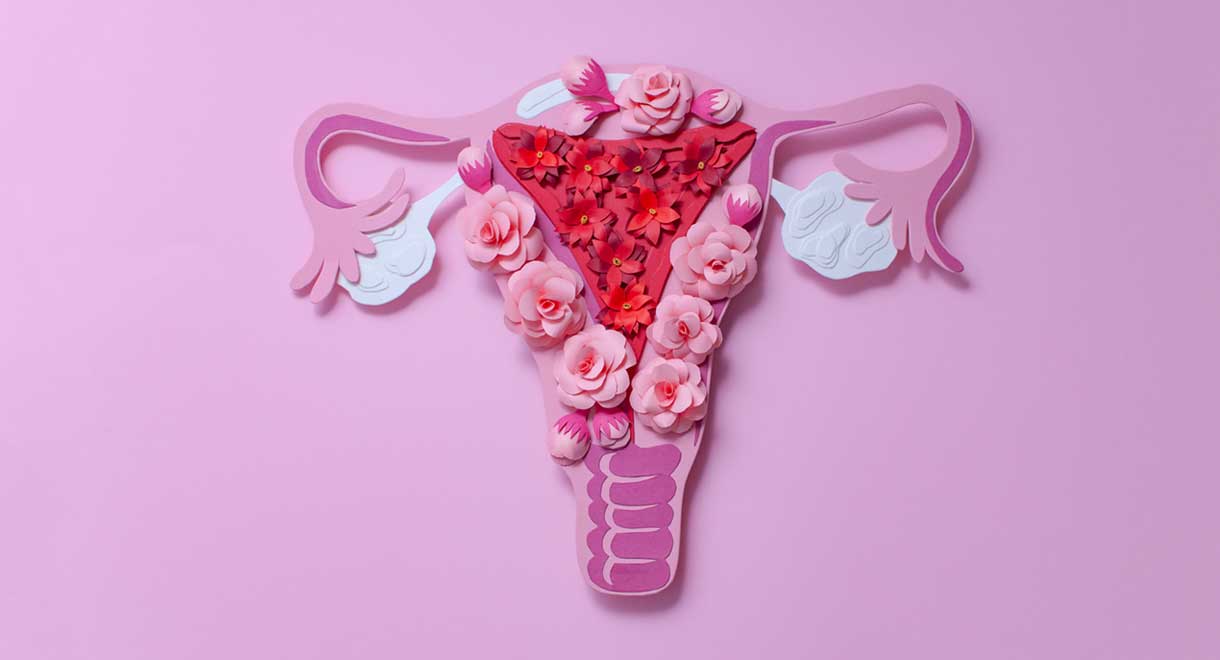

Progesterone imbalance
Imbalances in the ovarian hormone progesterone can increase hair loss. Women getting close to menopause or women with polycystic ovarian syndrome often have a deficiency of progesterone. The oral contraceptive pill (OCP) supresses natural progesterone production, and some types of OCPs are worse than others for increasing hair loss. After quitting the OCP it can take time for your natural progesterone production to come back and this also applies after childbirth. A bio-identical natural progesterone cream can help to overcome the lack of progesterone quickly and can be prescribed via our clinic.
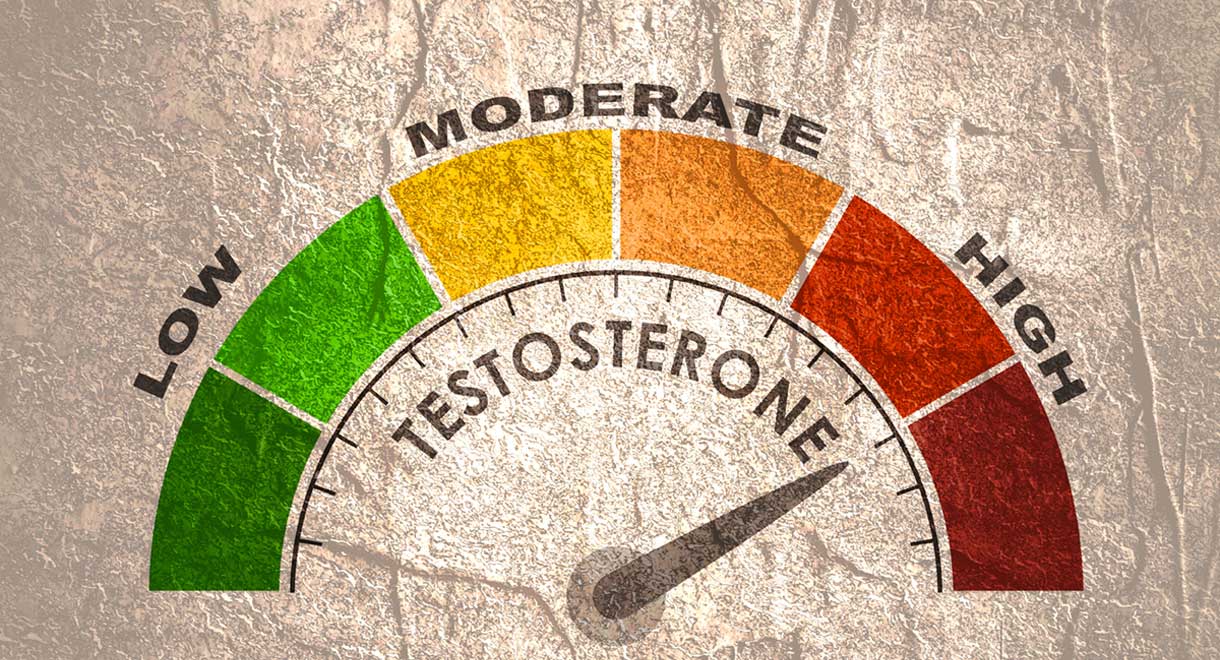

Male hormone imbalance
Male hormones are referred to as androgens and include testosterone. Women with weight excess, polycystic ovarian syndrome and a diet high in carbohydrates often have excess androgens. This is usually associated with insulin resistance.


Age and genetic factors
Most women lose scalp hair after menopause due to the decline in oestrogen and progesterone. As we age, all of us lose scalp hair. Herbal oestrogens such as FemmePhase and bio-identical hormones may help to stem the hair loss.
To reduce insulin resistance, you must avoid sugar in your diet and reduce your intake of foods high in carbohydrates such as grains and processed foods. Sugar and excess carbohydrate cause insulin resistance and thus hair loss. Intermittent fasting works well to reduce insulin resistance. You can try missing one meal a day according to what suits your lifestyle. Avoid snacking as it keeps insulin levels higher and stops weight loss. Drink a lot of fluids between meals.
Exercise reduces insulin resistance. I also recommend you try avoiding gluten and alcohol and any food you might have an allergy or intolerance to. If you have a fatty liver this can aggravate insulin resistance and you may benefit greatly from a 15-Day Cleanse which I can guide you in.


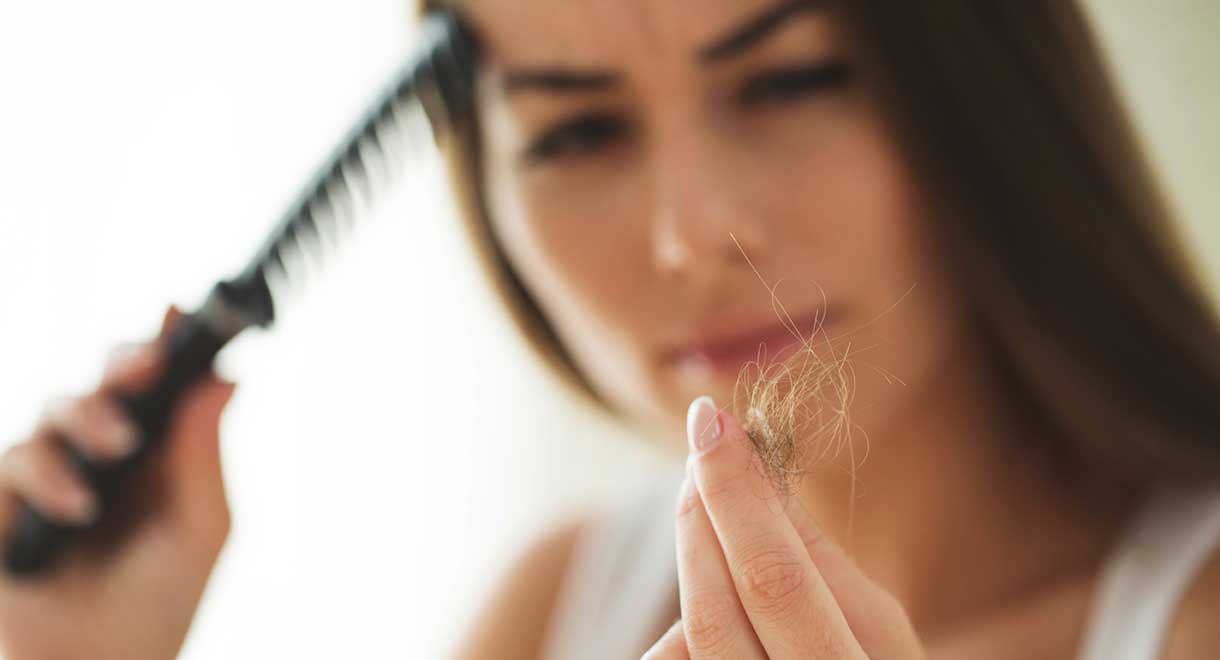

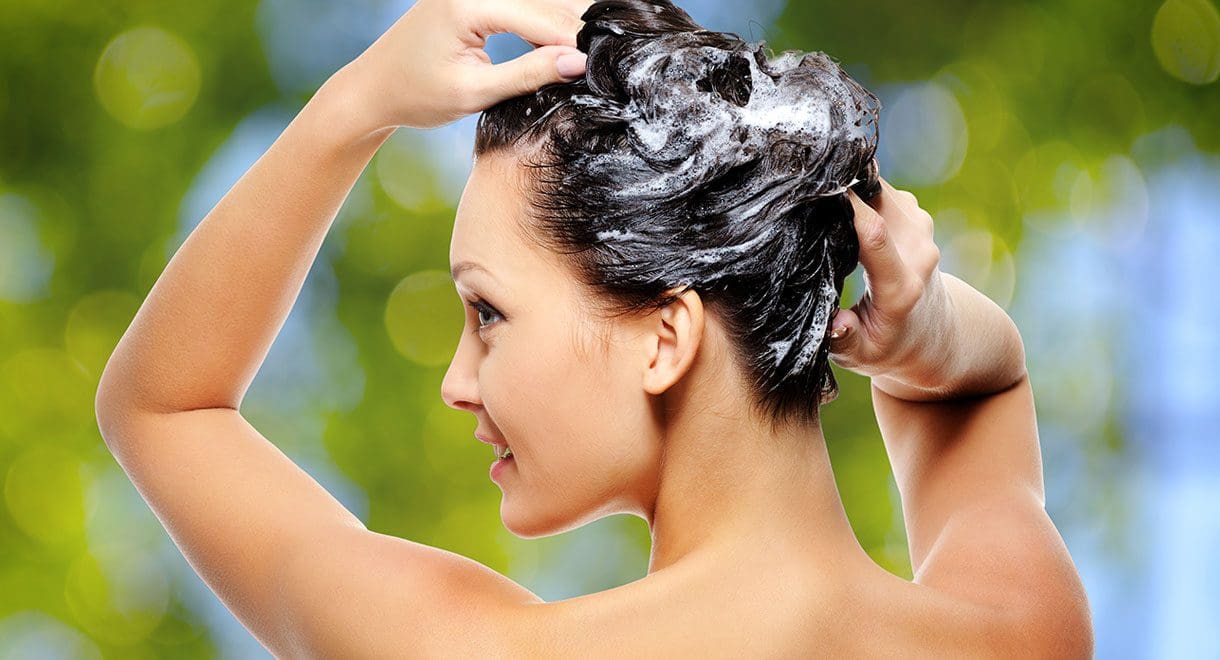
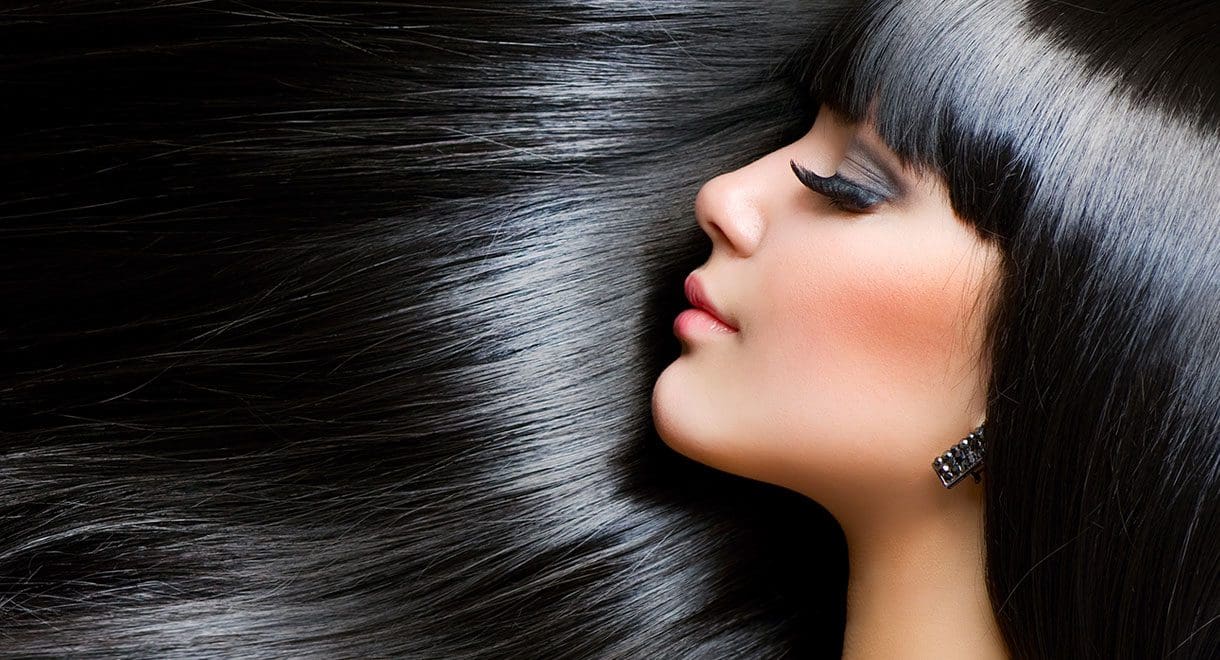


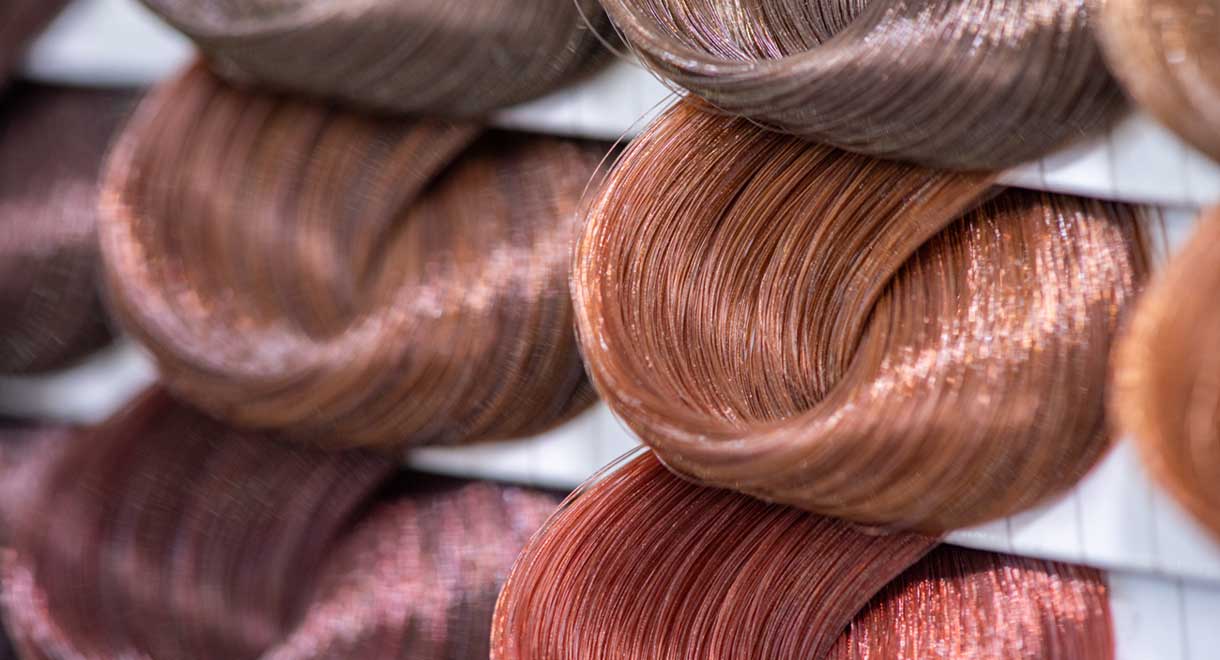
Hi My Husband and I are into day 13 of the 15 day detox. We have been following the recipe book drinking lots of water stop all alcohol.
We haven’t lost any weight.
Can you give me any reason why?
Hi Bev,
The Cleanse program helps to support the detox pathways of the body in removing toxins and waste products as well as reducing inflammation and acidity.
It is not specifically a weight loss program although many people do experience that.
If weight loss was a desired outcome and you haven’t lost weight, next time you do the program we suggest following a lower carb version of the meal plan (reducing intake of rice, quinoa etc), watching portion sizes, avoid snacking between meals and ensure that you are also exercising regularly. This will increase the likelyhood of losing weight.
Although you didn’t lose weight this time around, you have still done your bodies good 🙂
Kind regards,
Louise